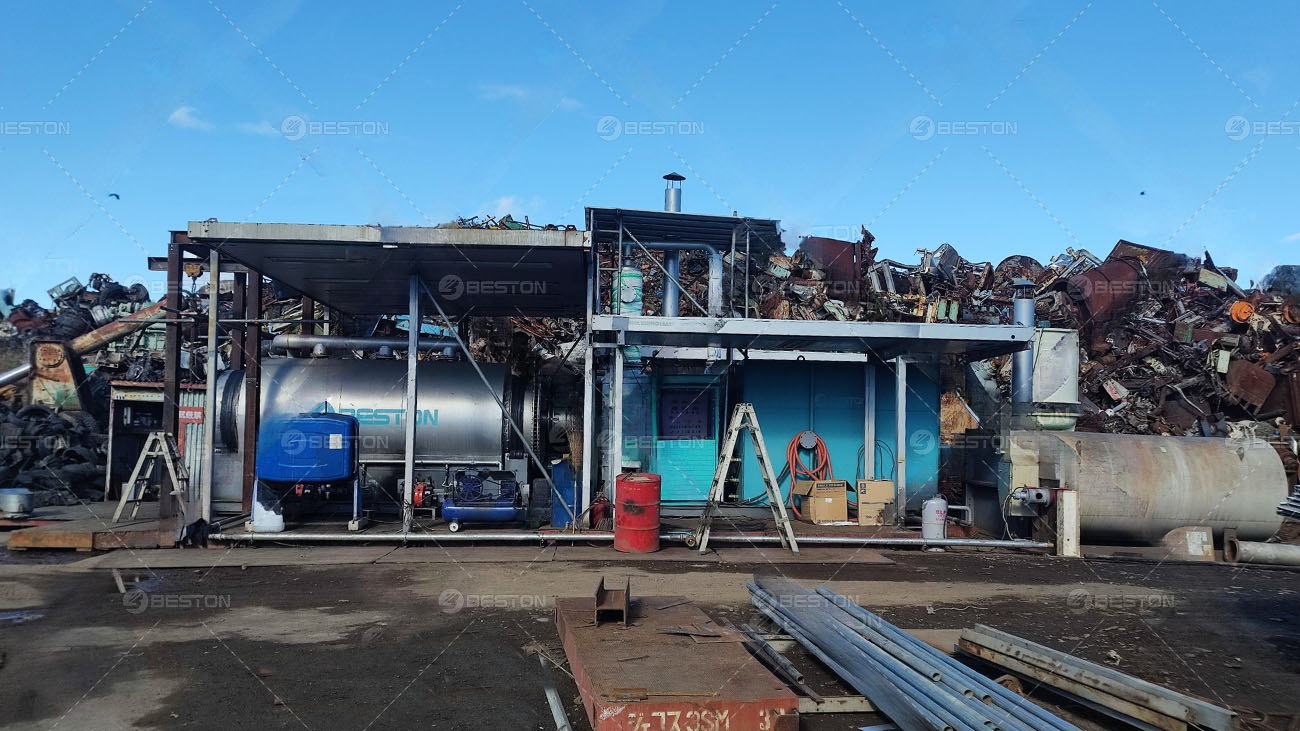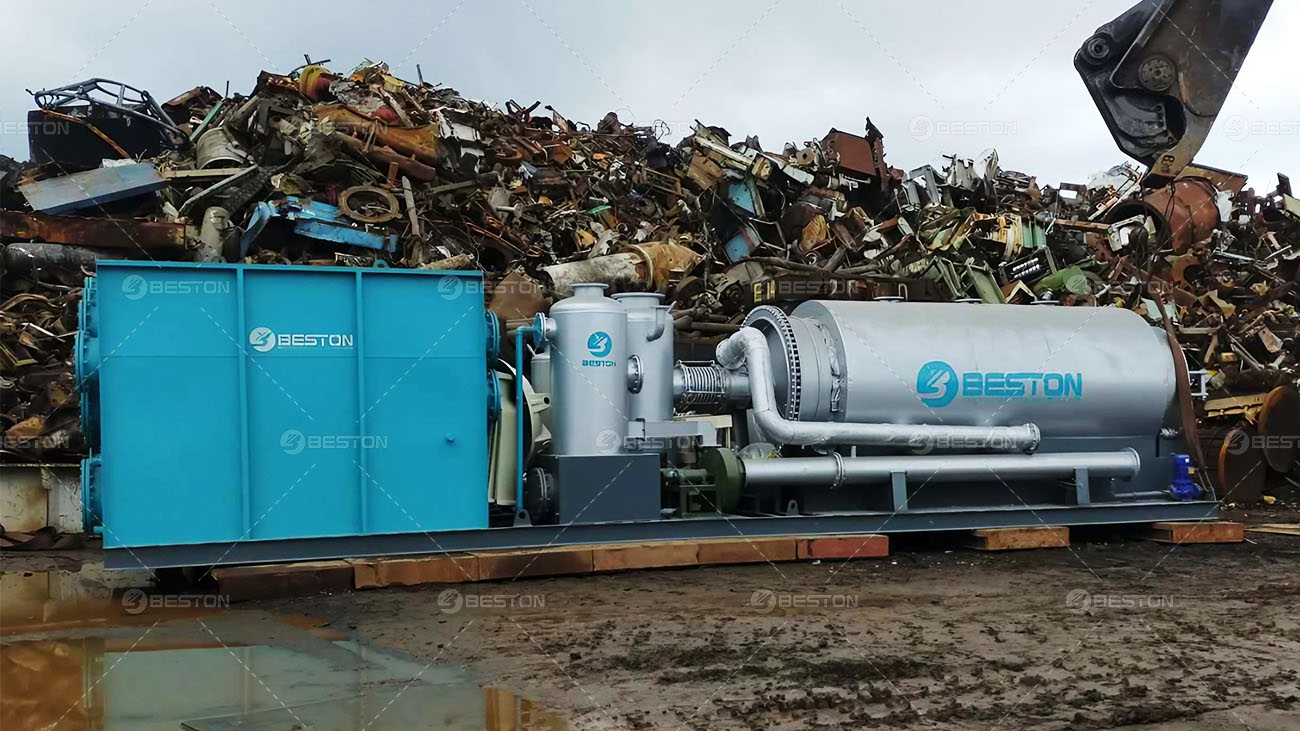The mobile pyrolysis unit has emerged as a revolutionary solution for waste tyre disposal, offering several advantages to investors seeking sustainable and efficient waste management technologies. Unlike stationary systems, the mobile pyrolysis unit is designed for flexibility, cost-effectiveness, and operational convenience. Below are the key investment advantages that make this system a viable option for businesses and municipalities alike.

Flexibility and Portability
One of the most significant advantages of a mobile pyrolysis unit is its portability. This feature allows the system to be transported to various locations where waste tyres are accumulated, reducing the need to transport large quantities of tyres to a central processing facility. This flexibility makes it particularly advantageous for remote or rural areas, where logistical challenges might make stationary plants less viable. By operating directly on-site, companies can minimize transport costs and environmental impact.
Lower Capital Investment
Compared to traditional stationary pyrolysis plants, the mobile tyre to oil plant cost generally requires a lower capital investment. This makes it an attractive option for small and medium-sized enterprises (SMEs) or startups looking to enter the waste-to-energy sector without committing to a large, immobile infrastructure. The reduced initial investment can be especially beneficial for businesses looking to test the profitability of tyre pyrolysis before expanding their operations.
Quick Deployment
Mobile pyrolysis units are designed for rapid deployment, which means they can be operational in a short amount of time compared to setting up a full-scale stationary plant. This quick setup capability allows businesses to take advantage of temporary waste management opportunities, such as clean-up projects or temporary contracts. In many cases, the unit can be operational within days, providing immediate returns on investment.
Reduced Operating Costs
Operating a mobile pyrolysis unit offers distinct cost advantages. By processing tyres at or near the waste generation site, businesses can significantly reduce transportation expenses, which are often a substantial cost in waste management operations. Additionally, the streamlined nature of the mobile unit results in lower maintenance and operational costs, as the system is designed for efficiency and minimal downtime. This cost-effectiveness directly impacts the overall return on investment, making the mobile tyre pyrolysis plant a profitable choice for various applications.
Environmentally Friendly Operations
Mobile pyrolysis units contribute to environmentally sustainable operations by reducing waste tyre accumulation and converting it into useful by-products such as oil, gas, and carbon black. By bringing the pyrolysis process to the waste site, the mobile system minimizes the carbon footprint associated with transporting tyres over long distances. Additionally, the by-products of the pyrolysis process can be repurposed or sold, adding further economic value to the operation.
Adaptability to Market Demand
A mobile pyrolysis unit offers the ability to adapt to fluctuating market demands for tyre waste management. In regions with seasonal waste generation patterns or fluctuating quantities of waste tyres, the mobile unit provides the necessary flexibility to scale operations up or down as needed. This adaptability allows businesses to remain competitive in dynamic markets, while maintaining profitability. For more information on tire recycling, please contact Beston Company.

Conclusion
The mobile pyrolysis unit presents several investment advantages, from lower upfront costs to operational flexibility and reduced environmental impact. Its versatility, combined with cost-effective operation and quick deployment, makes it an attractive solution for businesses aiming to profit from tyre waste management while minimizing logistical and financial burdens. For investors seeking sustainable technologies that offer both economic returns and environmental benefits, the mobile pyrolysis unit stands out as a strategic choice.